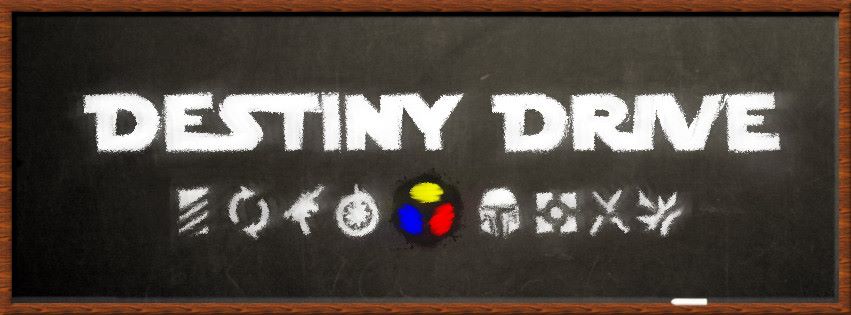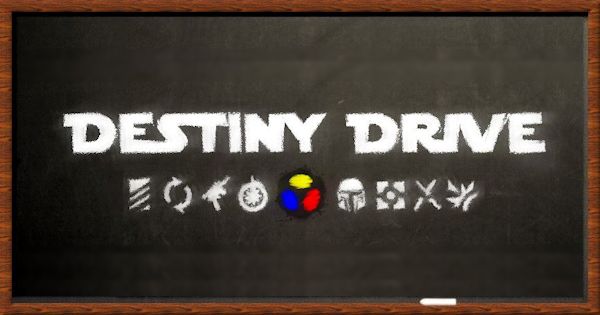
The Chance Cube‘s Destiny Drive (https://www.thechancecube.com/destinydrive/), which collected cards and dice for the students at Northland Christian School in Kansas City and their board game club, raised over 1200 commons, 150 uncommons, 115 rares, and 7 legendaries. These cards have been instrumental in rekindling student interest in Destiny and getting the kids excited for the upcoming Spirit of Rebellion expansion! Continue reading for a look at special donors, prizes, and pictures of students with their favorite cards! Continue reading “Destiny Drive Results”





